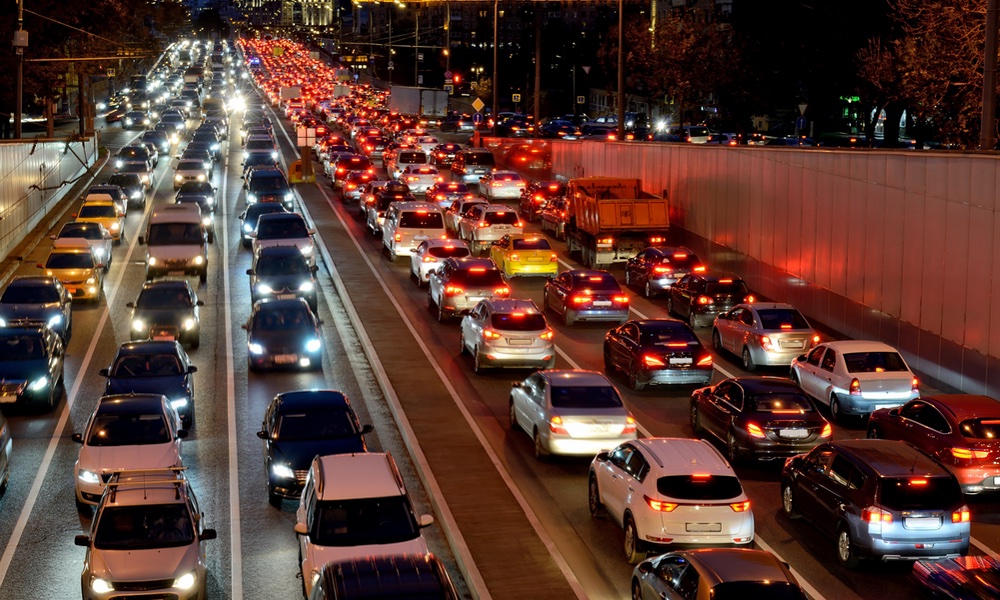The noise and traffic in urban areas are maddening. And it has long been known that chronic exposure to road traffic noise stimulates your body to increase your heart rate and pump more blood, responses that can lead to a rise in blood pressure and raise your risk of hypertension. But what hasn’t been clear is whether noise pollution or air pollution has a bigger effect on blood pressure.
That question appears to have been answered in a new study. Chinese and English researchers found that noise pollution alone could increase hypertension risk. People who lived near noisy traffic were more likely to develop hypertension, and their hypertension risk increased as they were exposed to increasing levels of noise. These associations were seen even after the researchers accounted for exposure to fine particles and nitrogen dioxide in air pollution.
“We were a little surprised that the association between noise pollution and hypertension risk was robust, even after adjustment for air pollution,” the lead author on the study, Jing Huang, said in a statement. Because traffic noise and traffic-related air pollution coexist, she added, it is important to look at the independent effects of noise pollution, rather than the total environment.
Huang, an assistant professor at the School of Public Health at Peking University in China, said field studies are being done to learn more about the physiological mechanisms by which noise pollution increases hypertension risk.People who lived near noisy traffic were more likely to develop hypertension, and their hypertension risk increased as they were exposed to increasing levels of noise.
Data from more than 240,000 people enrolled in the U.K. Biobank were analyzed for the current study which also included researchers from the University of Leicester and the University of Oxford. Participants were all between the ages of 40 and 69, did not have hypertension at the start, and were followed for about eight years. Residential addresses and a modeling tool called the Common Noise Assessment Method were used to estimate the noise levels from traffic to which participants were exposed.
People with the greatest exposure to both noise and air pollution had the highest risk of hypertension, suggesting that air pollution and noise pollution may have a synergistic effect on blood pressure. Possible mechanisms for this powerful combined effect may involve the release of vasoconstrictive hormones due to stress from noise and an inflammatory response in the lungs that also can also cause vasoconstriction. This constriction of blood vessels raises blood pressure, which could lead to hypertension over the long-term.
During lockdowns in the early days of the COVID-19 pandemic, fewer cars and fewer commuters were on the roads, and the use of face masks was common. This shift may have had an impact on rates of hypertension, as an editorial about the study points out: “We might be wise to revisit these measures as we prepare to tackle hypertension caused by road traffic noise and air pollution,” Jiangdong Zhang, of University of North Carolina at Chapel Hill and co-author of the editorial, told TheDoctor.
Public health measures to reduce traffic-related noise pollution, such as setting and enforcing strict noise guidelines, will help, the researchers say. Urban areas with increasing numbers of electric and hybrid cars and buses on the road should also see reductions in noise and air pollution.
The study and related editorial are published in the Journal of the American College of Cardiology: Advances.





